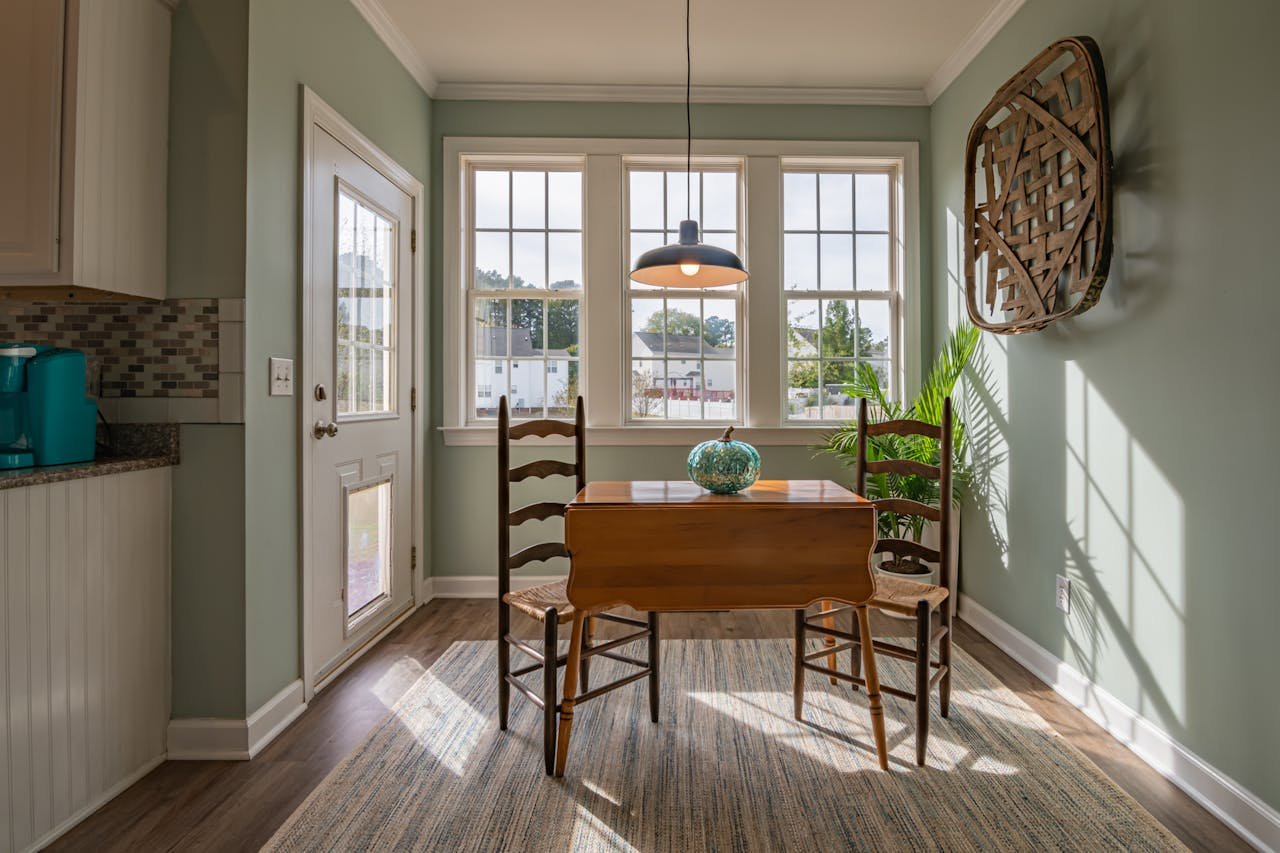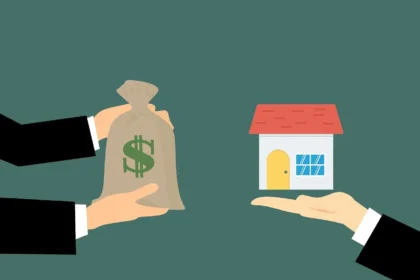Owning a home is a big step and a big financial commitment. The first purchase can be a lot to handle, but developing good habits as a homeowner is important for your long-term savings and financial health. This article gives homeowners basic, timeless tips on how to make smart choices, save money, and build equity quickly.
1. Know How Much It Really Costs to Own a Home
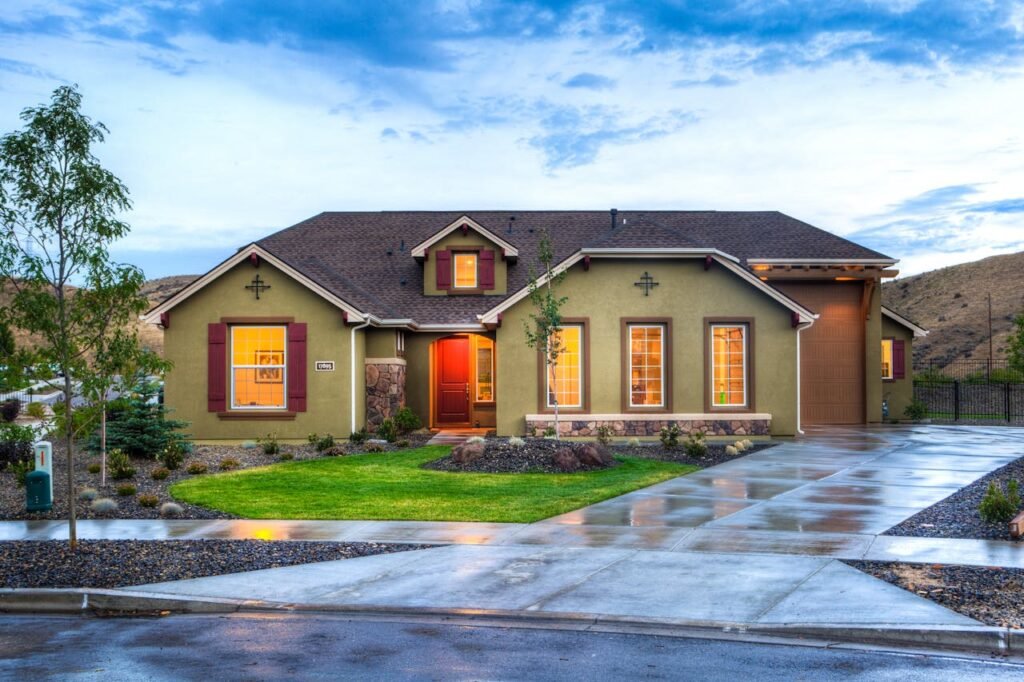
Having a home means more than just paying the mortgage every month. To keep your money in good shape, think about these costs:
- Taxes on property
- Insurance for homeowners
- Repairs and upkeep
- Services and utilities
- HOA fees, if they apply
Tip: Make a complete yearly budget that includes all of these things. This habit makes sure you never have to deal with unexpected costs without being ready for them.
2. Set Up a Schedule for Home Maintenance
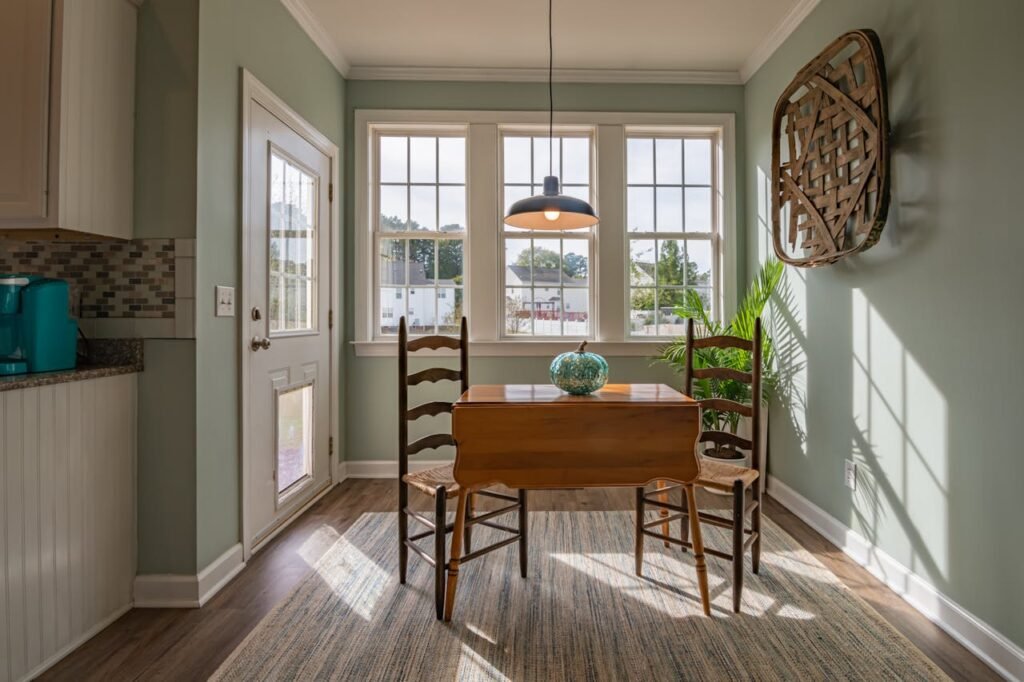
One of the most important tips for homeowners is to do regular maintenance on their homes to keep their value and avoid expensive repairs in the future.
Tasks for the Month:
- Check the filters in the HVAC system
- Look for leaks in the water
- Check the smoke and carbon monoxide detectors
Tasks for the Season:
- Clean the gutters in the fall and spring
- Check and fix HVAC systems in the spring and fall
- Check the roof and foundation in the spring
Tip: Set reminders for maintenance tasks on your digital calendar. Preventive care can save you thousands of dollars on major repairs.
3. Make a Fund for Emergencies at Home

An emergency fund for your home works the same way as an emergency fund for your personal finances. It makes sure you have money set aside for unexpected costs, like a broken water heater or a leak in the roof.
Best Practice:
Set up a separate savings account for home-related emergencies and try to save at least 1% to 3% of your home’s value each year. This fund gives you peace of mind and stops you from having to use high-interest credit options.
4. Put Money Into Energy Efficiency
One of the best long-term tips for saving money on homeownership is to make your home more energy efficient.
Easy Improvements:
- Put in LED light bulbs
- Set your thermostat to program
- Close up windows and doors
Bigger Investments:
- Get new ENERGY STAR appliances
- Add insulation to the attic
- Get new HVAC systems
For example, the U.S. Department of Energy says that properly sealing and insulating your home can cut your heating and cooling costs by up to 20%.
5. Know When to Refinance Your Home Loan

Refinancing can help you pay off your loan faster, lower your monthly payments, or lower your interest rate.
When to Think About:
- Since you took out your loan, interest rates have gone down a lot
- Your credit score has gone up
- You want to change the type or length of your loan (for example, from ARM to fixed)
Be careful: Always think about closing costs and the break-even time to make sure that refinancing really helps your finances.
6. Be Smart When You Shop for Homeowners Insurance
Don’t just go with the provider your lender suggests. You can save a lot of money by shopping around for homeowners insurance.
How to Lower Your Premiums:
- Put it together with car insurance
- Raise your deductible
- Set up security systems
Note: Check your policy every year to make sure it still covers the value of your home, any upgrades you’ve made, and your belongings.
7. Make Smart Changes to Your Home
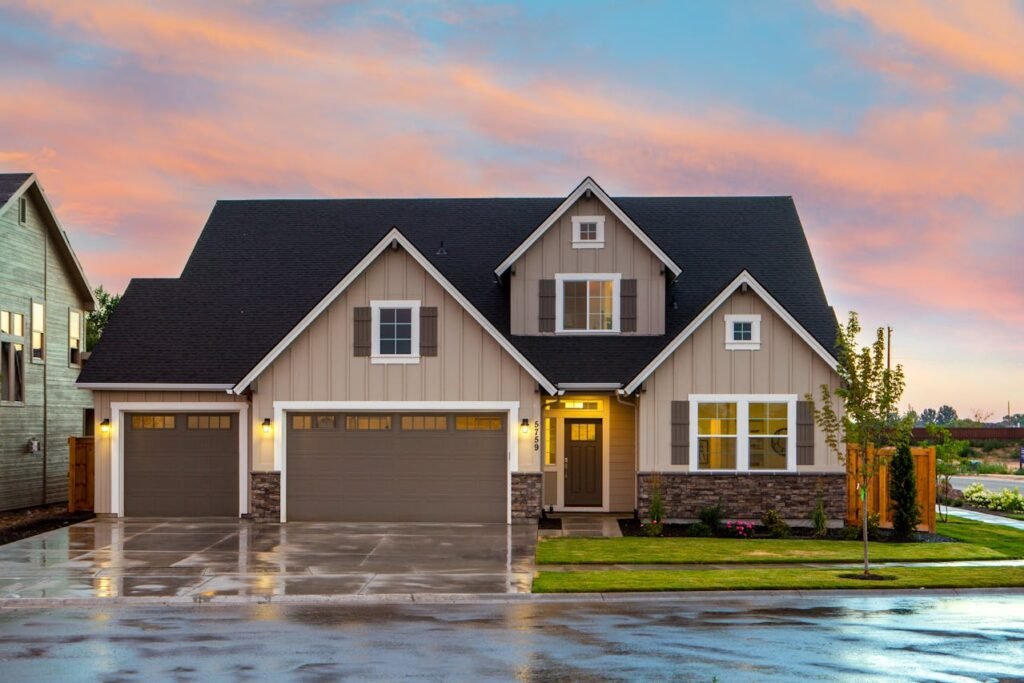
Not all upgrades are worth the money they cost. Put the most important improvements first, those that add value and make things work better.
Projects with a High Return on Investment:
- Remodeling the kitchen
- Updates to the bathroom
- Windows that save energy
For example, Remodeling Magazine’s yearly Cost vs. Value report shows that a small kitchen remodel can add more than 70% of its cost to the value of the home.
8. Do Repairs Yourself When It’s Safe to Do So
Learning some basic do-it-yourself skills can save you hundreds, if not thousands, of dollars every year.
Simple DIY Projects:
- Fixing drywall
- Painting rooms
- Changing out light fixtures
YouTube tutorials, home improvement blogs, and community workshops are all great ways to improve your DIY skills.
9. Check Your Mortgage and Financial Goals on a Regular Basis
Your mortgage plan should change as your finances do.
Steps to Take:
- Set up yearly financial check-ins
- Look over mortgage statements
- Keep an eye on how much your home equity is growing
Knowing how much equity you’ve built can help you plan for things like refinancing, getting a HELOC, or even selling in the future.
10. Take Steps to Stop Water Damage Before It Happens
One of the most expensive repairs for a house is fixing water damage.
Things to Do to Stay Healthy:
- Check your sump pumps often
- Put water sensors in basements and near appliances
- Keep an eye on your water bills for strange increases
To keep water away from your home, install gutter extensions and grade the ground around the foundation.
11. Get the Most Tax Benefits From Owning a Home
There are a number of tax benefits that come with owning a home.
Some Common Deductions Are:
- Interest on a mortgage
- Taxes on property
- Some home improvements (like making them more energy efficient)
Tip: Talk to a tax professional once a year to make sure you’re getting the most deductions and following the rules.
12. Keep Your Investment Safe by Keeping Good Records
Make sure to keep track of all repairs, upgrades, maintenance, and insurance claims. These papers are very important for:
- Value when sold
- Claims for insurance
- Deductions for taxes
Tip for staying organized: Keep receipts, warranties, and manuals in a cloud storage service or a special binder.
13. Make Your Home Safer Without Spending a Lot of Money
It doesn’t have to cost a lot to keep your home safe.
Cheap Ways to Do It:
- Put in lights that turn on when you move
- Add strength to door frames
- Use smart cameras and doorbells
As a bonus, a lot of insurance companies give discounts on homes with better security systems.
14. Be Aware of How Long Important Parts of Your Home Will Last
Knowing when parts are likely to break helps you plan your budget and replace them before they break.
Average Life Expectancy:
- Roof: 20 to 30 years
- Water heater: 8 to 12 years
- 15–20 years for the HVAC system
Tip: Make a timeline for when you need to replace things so you don’t have to pay for them unexpectedly.
15. Find Out What the Laws Are in Your Area and What the HOA Rules Are
Knowing the rules in your area can help you avoid fines and make smart choices about how to improve.
Important Things to Know:
- Laws about zoning
- Requirements for getting a permit
- HOA rules (if they apply)
For example, putting up a shed or fence without the right permits can lead to fines or having to take it down.
16. Use Smart Technology in a Smart Way
Smart home technology can make things more efficient and convenient, but make sure to choose devices that will last.
Suggested Devices:
- Thermostats that are smart
- Finders of leaks
- Smart plugs and lights
Long-Term Value: Look for devices that save energy or automate tasks to make them safer and save you money.
17. Make Long-Term Plans
Long-term thinking can help you make better choices, whether you plan to stay for a long time or move in a few years.
Mindset for Strategy:
- Think about how much the property will be worth when you sell it after each renovation
- Keep the curb appeal up
- Stay on top of market trends in your area
“Buy a home with the next owner in mind,” says the quote. This makes sure that every change you make makes the market more appealing.
Last Thoughts
Owning a smart home doesn’t mean making big sacrifices or taking on big projects. It’s about making smart, consistent choices that lower costs, raise value, and give you peace of mind. You can turn your house into a financially rewarding asset and a really comfortable home by following these timeless tips for homeownership.


